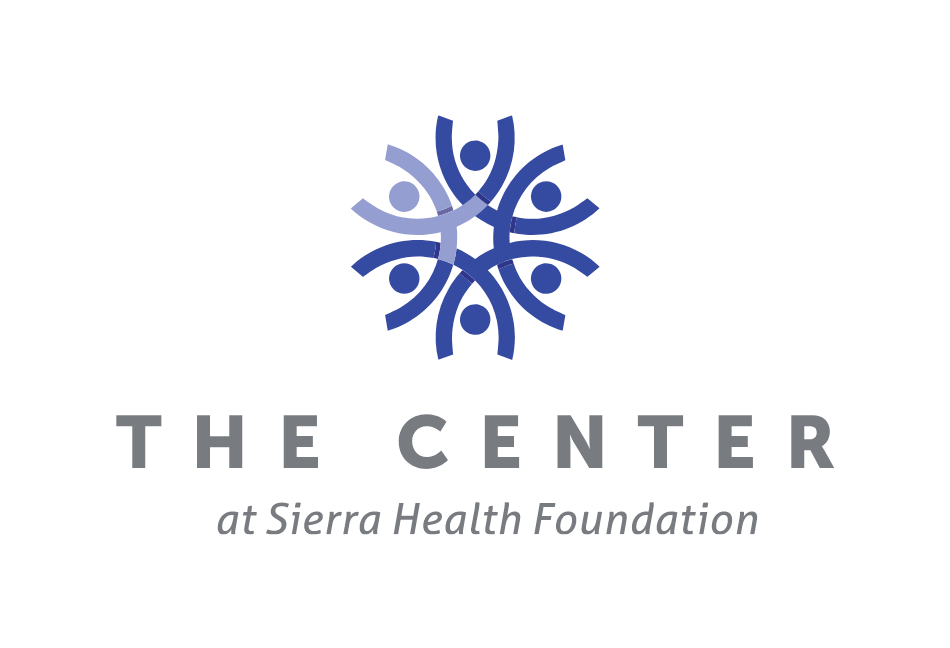The Community Responsive Wellness Program connects youth, families and communities with the care and resources they need to cope and thrive.
This collaboration of community stakeholders provides access to culturally responsive resources addressing challenges related to violence and mental illness. Our approach is preventive and restorative. Our goal is to help people develop positive and sustainable approaches to wellness.
How We Help
A central part of our mission is to provide better access to culturally responsive mental health and wellness services. We also support and build the capacity of the organizations that provide these services. Four community-based grantee partners provide specialized care to Sacramento’s Black communities, including referrals to Sacramento County’s free Trauma Informed Culturally Responsive Therapeutic program. Working in partnership across programs helps us build trust with mental health providers, get people the resources they need, and normalize conversations that center wellness and the harmful effects of stigmas that might prevent someone from seeking the help they need.
Our Vision
We believe the Community Responsive Wellness Program can play a significant role in supporting the revitalization of a healthy Black community in Sacramento. We believe that through a deliberate effort to increase the agency, empowerment, connectedness and awareness of residents, wellness will improve and violence will decrease.
We envision mental health service providers who actively seek to understand the context of mental health needs in Sacramento’s Black communities. We envision community-based organizations that are responsive to the health and wellness needs of our community members and provide intervention as well as preventive support.
Our Goals
To realize our vision for Sacramento’s Black community, we commit to:
- Educating the public on common mental health needs and wellness practices
- Supporting access to culturally responsive mental health services
- Building the capacity of mental health service providers to identify and be responsive to common mental health needs
- Ensuring that service providers maintain an accurate account of the context of mental health needs
- Reducing violence through the promotion of mental health and wellness
Resources
- Mental Health Access Video Series (YouTube.com)
- Sacramento County Department of Health Services Mental Health Services (DHS.SacCounty.net)
- Therapeutic Services Focused on the Black and African American Community (DHS.SacCounty.net)
- Learn how to partner with the Sacramento County Department of Health Services (DHS.SacCounty.net)
